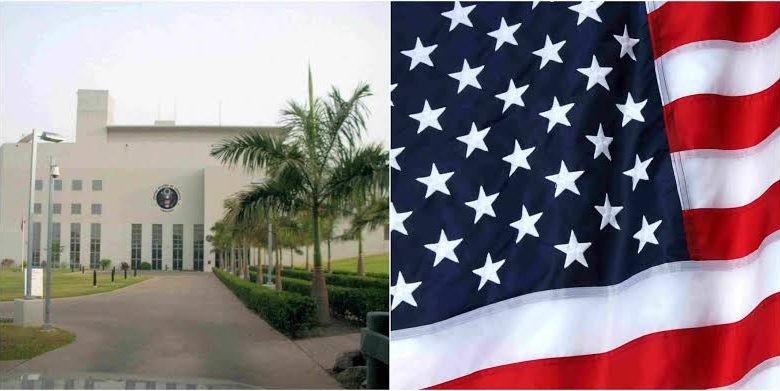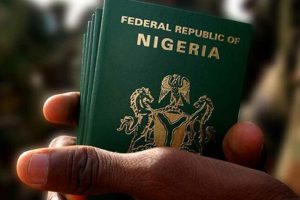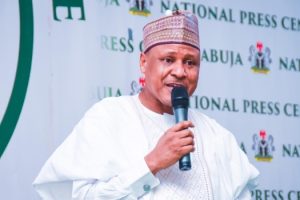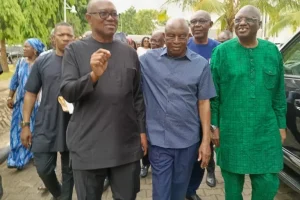
Officials of the Federal Government has accused the United States Embassy in Nigeria of overstepping its diplomatic bounds and interfering in the country’s internal affairs, following the circulation of a critical media report targeting Nigerian leaders.
Government officials expressed outrage over the U.S. Mission’s alleged role in promoting an article published by The Africa Report, which criticised state governors for lavish spending on new government buildings in Oyo and Gombe States.
The report, it is understood, drew backlash in Abuja, with senior sources accusing the U.S. Embassy of encouraging a “smear campaign” under the guise of press freedom.
“The embassy’s actions are not only inappropriate but violate diplomatic norms,” a senior government official told reporters. “They have crossed the line into political interference.”
The Federal Government defended the governors mentioned in the article, describing Governor Seyi Makinde of Oyo and Governor Inuwa Yahaya of Gombe as models of fiscal discipline. Officials said both governors have maintained responsible budgeting, improved public services, and met workers’ salaries regularly.
Sources also alleged that the article was influenced by personal motives. According to them, the publisher of The Africa Report had earlier approached the Nigerian Governors’ Forum for sponsorship of an “Africa Roundtable” event but was turned down. The rejection, officials claim, led to strained relations and eventual negative coverage now reportedly circulated by the U.S. Embassy.
“This isn’t journalism. It’s retaliation disguised as reporting, and the U.S. Mission’s role in spreading it is unacceptable,” a government source said.
The government pointed to Article 41(1) of the Vienna Convention on Diplomatic Relations, which bars foreign missions from interfering in the domestic affairs of host countries. Officials say the U.S. Embassy’s recent actions clearly violate this principle.
This latest development adds to ongoing tensions between Abuja and Washington. The Federal Government had earlier criticised a July 15, 2025, U.S. travel advisory that warned citizens to avoid 18 Nigerian states due to security and health concerns. Nigerian officials described the advisory as alarmist, saying it ignored the safety of major cities like Lagos and Abuja while unfairly generalising about the country.
“We have our challenges, but many regions in Nigeria are safer than some U.S. cities,” a senior diplomat noted, citing America’s rising gun violence and insecurity.
Despite growing unease, Nigerian officials reaffirmed their commitment to diplomatic relations with the United States but stressed that future engagements must respect Nigeria’s sovereignty.
“We value our partnership with the U.S.,” a presidential aide said, “but respect must be mutual. Our internal affairs are not open to foreign interference.”





